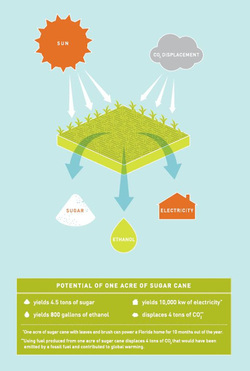 FloridaCrystals.com
FloridaCrystals.com Since 2008, all North American granulated sugar, except cane sugar, is made with GMOs. Sugar beets are primarily controlled by Monsanto and are a Round-up Ready seed. Scientists have not yet made genetic modifications to sugar cane so you can avoid the GMO’s in your sugar by checking that your label indicates that the product is made from sugar cane.
Current labeling law doesn't require a cane or beet designation on sugar and there are only a few large producers who are labeling their sugar with the vegetable source as pure cane: C&H, Domino, and Dixie Crystals are a few notable brands. While some producers are letting consumers know that they’re not using sugar beets to create their product, other refiners decline for various reasons.
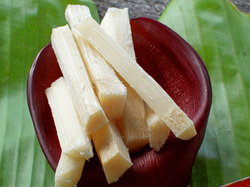 Sugar Cane on Flickr by c.mcbrien
Sugar Cane on Flickr by c.mcbrien Miriam Morgan at the San Francisco Chronicle did a blind taste test just to see if average folks could tell the difference between beet sugar and cane sugar. There appears to be an overwhelming response that cane sugar tastes better. So whether or not you care about genetically modified foods, you might still care about flavor.
But I encourage you to do a blind taste test of your own. Decided that you really prefer the beet sugar? Beets are super easy to grow so get some non-GMO seeds and get them started in your garden... here’s how to make your own beet sugar:


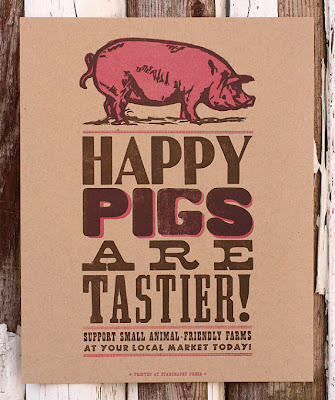
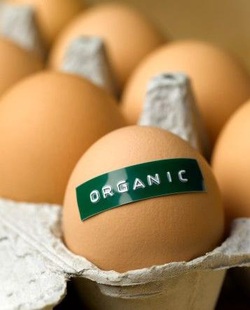
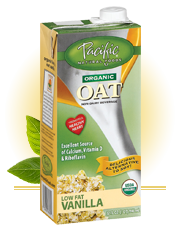
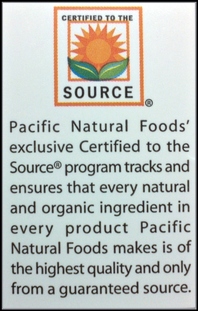
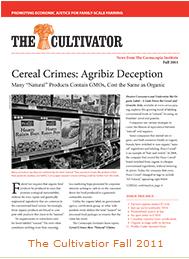
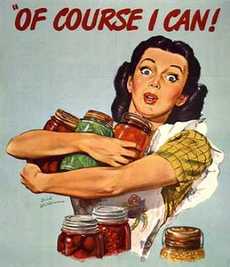

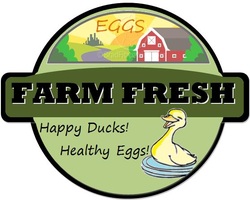

 RSS Feed
RSS Feed



